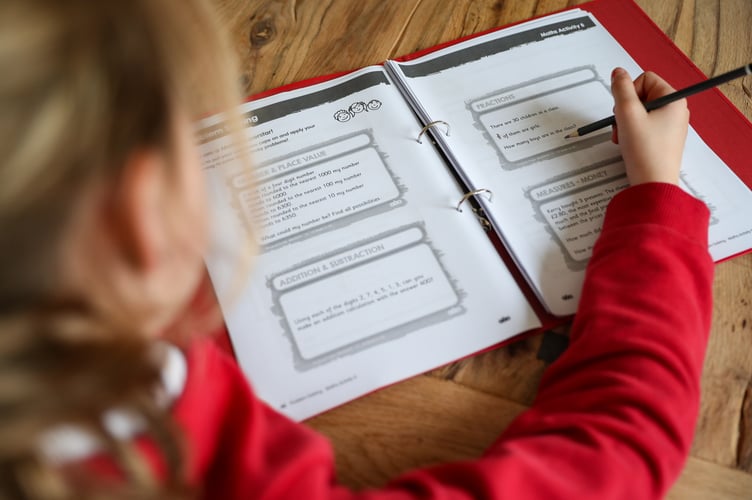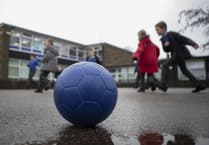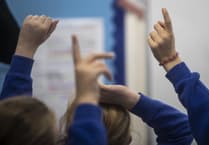Half of schools in Devon benefitted from a Covid catch-up scheme in the last academic year, new figures show.
The Association of School and College Leaders has called for the Government to continue to provide support as the National Tutoring Programme is wound-up this summer.
The programme was introduced to help children catch up with their education after the disruption of the Covid-19 pandemic, with the Government subsidising tutoring for pupils.
It funded 70 to 75% of the programme in 2021-22, with schools covering the rest. This was reduced to 60% for the following year, and to 50% for 2023-24.
From September to May an estimated 8,211 courses were started by pupils in Devon, with 189 of 370 (51%) schools in the area using the scheme.
This was down from the 12,566 courses started at the same point in 2023, when 71% of schools were participating.
The programme has been discontinued as of this summer, a move Pepe Di’Iasio, general secretary of the Association of School and College Leaders, called a "great shame".
He said the impact of Covid-19 and the cost-of-living crisis have continued to have a "devastating impact on the outcomes of disadvantaged children", adding the programme was an effective way of providing additional support.
"The new government must focus on strategies to close the disadvantage gap, which could include restoring funding for the NTP, as well as wider cross-government work to address the very high level of child poverty in the UK," he added.
Across England the scheme saw a drop in course starts as funding was reduced over the course of the programme. In the school year to May there were 969,000 starts, with 57.8% of schools participating. A year earlier there had been 1.3 million starts across 76% of all schools.
The Sutton Trust – which works to improve social mobility in the UK – said the scheme had a "considerable impact" in improving access to tutoring.
Carl Cullinane, director of research and policy at the Sutton Trust, said: "With the disadvantage attainment gap at decade-long highs, tutoring must play a role in any strategy to tackle this issue.
"There should be a renewed focus on tutoring by the Government, with ringfenced funding secured over the long-term and targeted at supporting disadvantaged pupils.
"If schools are given the right support, tutoring can play a key role in closing the gap between poorer pupils and their better-off classmates, which continues to blight our schools."
Figures from January suggest less well-off children are more likely to be enrolled in a course.
Across England, 47.8% of pupils using the scheme had received free school meals at some point in the past six years, despite making up 26.9% of all pupils. In the South West, 40.9% of pupils receiving tutoring were in this category.
A spokesperson for the Department for Education said it is encouraging schools to continue with targeted tutoring.
"The Government is committed to driving high and rising standards to break down the barriers to opportunity so we can improve the life chances of all children," they said.
"We will deliver real change by integrating childcare and early years into the wider education system, introducing free breakfast clubs in every primary school and developing an ambitious strategy to reduce child poverty so that families feel supported, and children are able to learn."



